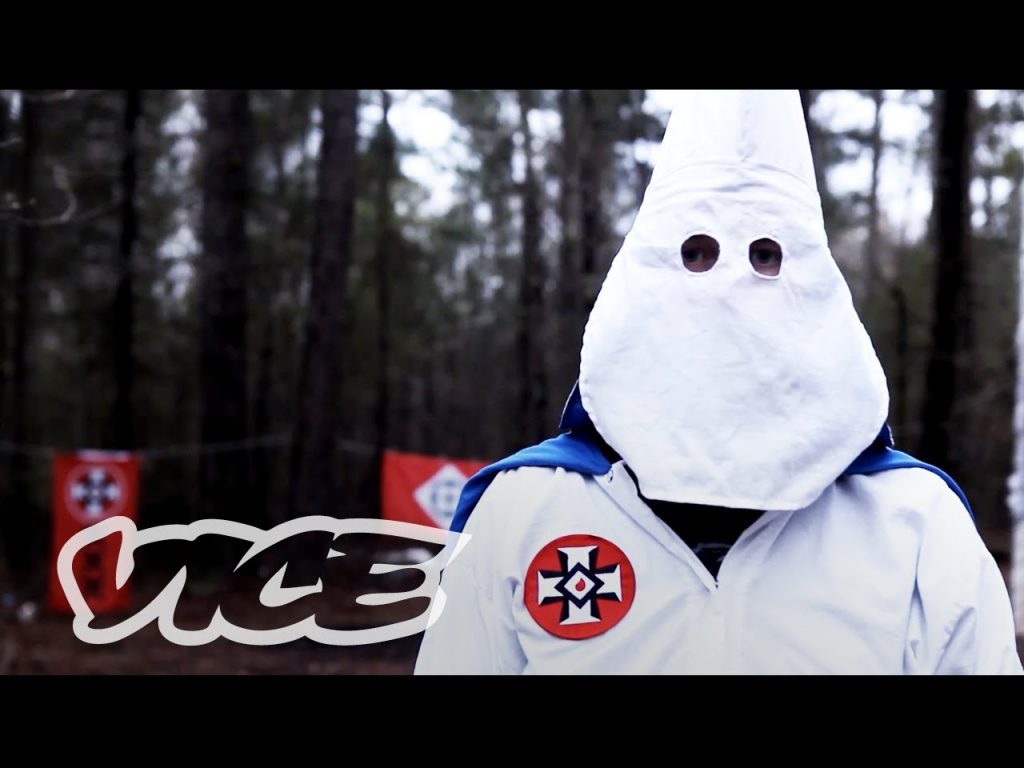In the heart of Memphis’s Forrest Park, a statue looms, depicting the controversial figure of Nathan Bedford Forrest, an emblematic and deeply divisive figure in American history. As race relations in the city remain tenuous, the statue has become a focal point, drawing attention from various factions within the community. Recent events saw a self-proclaimed member of the Grape Street Crips, DaJuan Horton, take the threats of the Ku Klux Klan (KKK) seriously. In response, he took to YouTube, rallying local gangs to unite and express their discontent during the planned Klan rally. The ensuing media frenzy ignited a powder keg of emotions, captivating the diverse fabric of the city.
The unfolding series of videos paints a vivid picture of the conflicting ideologies at play. In the initial installment, we are introduced to both the KKK members who intend to rally in support of Nathan Bedford Forrest and the local gang members who harbor a decidedly different agenda. As the documentary progresses, we delve into the historical context that binds the Ku Klux Klan and General Forrest to the present-day struggles of Memphis. The legacy of racism and the weight of history shape the city’s social landscape, as tensions simmer beneath the surface.
Part three of the series reveals a significant development: the formation of a powerful alliance among local Memphis gangs. Dubbed Devine United International, or D.U.I., this mega alliance unites various factions in a collective show of strength and solidarity. Their aim is to counter the KKK rally, amplifying their voices and making a bold statement against the deeply rooted racial injustices that persist.
In the final installment, we witness the resolute decision of DaJuan Horton and his gang mega alliance to stand firm, despite the weathered conditions of a cold and rainy day. Their determination serves as a powerful symbol of resistance, countering the presence of the Klan and underscoring the urgent need for societal change.
The documentary’s gripping portrayal of these events exposes the raw nerve of racial tension that continues to reverberate through Memphis. It confronts the viewers with the uncomfortable reality of deeply ingrained divisions within the community, prompting introspection and fostering dialogue.
As the clashes between ideologies unfold, we are forced to confront the uncomfortable truths that lie beneath the surface of the city. The KKK’s advocacy for white supremacy clashes with the aspirations of marginalized communities, while the local gangs seek to redefine their narrative and challenge societal perceptions. The clash of these competing forces reveals the complexities of race relations, reminding us that the struggle for equality and justice is an ongoing battle that demands our attention and active engagement.

